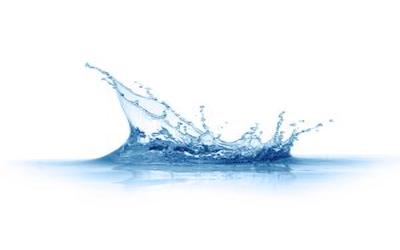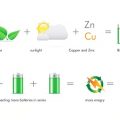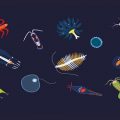PTE考生目前最大的问题之一就是练习题缺乏。除了有限的基本官方书(PLUS,Testbuilder, OG)之外就没有题了。很多英语基础不是很扎实的同学很难找到练习材料。悉尼文波雅思PTE培训学校专门为澳洲,尤其是悉尼、墨尔本的PTE考生准备了适合PTE听力阅读练习的科学60秒。各位PTE同学可以练习PTE听力中的summarise spoken text和PTE口语中的retell lecture,PTE听力口语-科学60秒-Frosty Moss练习记笔记技巧和复述。废话少说,下面开始:
听力内容:
60秒科学节目(SSS)是科学美国人网站的一套广播栏目,英文名称:Scientific American – 60 Second Science,节目内容以科学报道为主,节目仅一分钟的时间,主要对当今的科学技术新发展作以简明、通俗的介绍,对于科学的发展如何影响人们的生活环境、健康状况及科学技术,提供了大量简明易懂的阐释。
This is Scientific American — 60-Second Science. I’m Ryan Mandelbaum.
Got a minute?
When you spill a liquid on the ground, it splashes. But if you’re a guy using a urinal, or, more important, if the liquid is dangerous, say, an infected blood sample, you want to limit splashing. In other words:
“If an accident happens, you want the drop to fall onto the surface and that’s it. It just stays there as a single body.”
Alfonso Castrejón-Pita, an engineering professor at Oxford University.
“So you could imagine the situation of having your [lab] bench covered with these kinds of materials so they become safer. And the same for a kitchen. Now you’re in a kitchen, you are handling raw chicken, and the last thing you want is to have splashes, where you could be transmitting salmonella or these kinds of ugly things that you could get when you are handling raw meat.”
He and his colleagues found that the softer the surface the smaller the splash. Their study is in the journal Physical Review Letters.
The researchers prepared a bunch of increasingly squishy silicone surfaces and released drops of ethanol onto them from different heights. They captured video of the splashes with a super-slow-motion camera that records more than 100,000 frames per second. And they found that the drops eventually stopped splashing on the softest surfaces.
So far that all sounds predictable. But computer models of the splashes revealed interesting details.
At the moment the blob of liquid makes contact with the surface, the bottom of the drop flattens out and the pressure increases. The ring of pressure spreads towards the drop’s edges. If the surface is too hard, the ring of high pressure creates tiny droplets that explode from the main drop’s edges. But the softest surfaces deform in response to the drop hitting them—and that prevents the pressure from getting high enough to cause that explosion.
Sadly, you won’t see squishy coatings on urinals just yet, or in your laboratories—anti-splash materials are too frail.
“The softest ones are quite delicate so you wouldn’t be able to make a laboratory bench with them, they’d get damaged quite quickly.”
So we’d need soft coating materials robust enough to withstand daily wear before the splash is relegated to history’s trash bin…or toilet.
Thanks for listening for Scientific American — 60-Second Science Science. I’m Ryan Mandelbaum.





